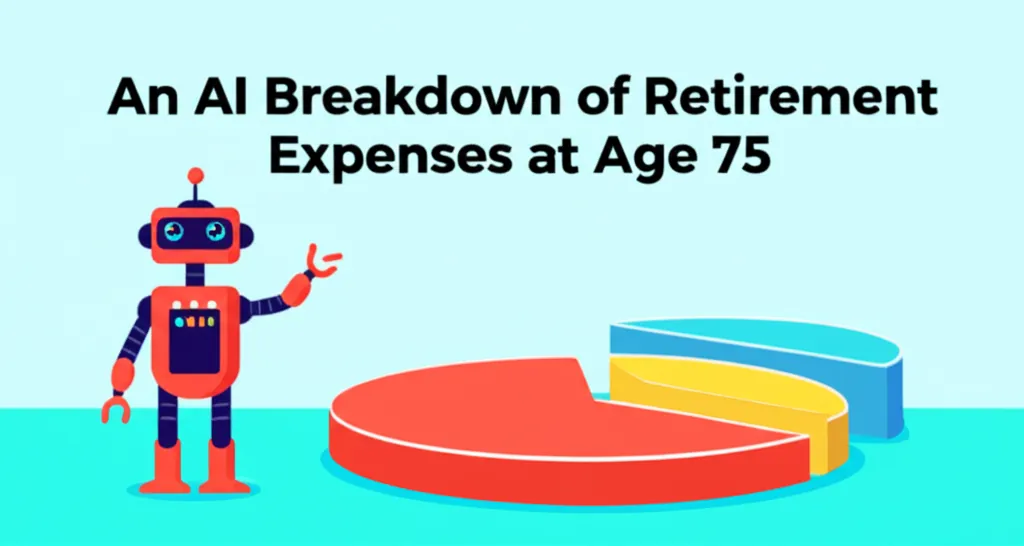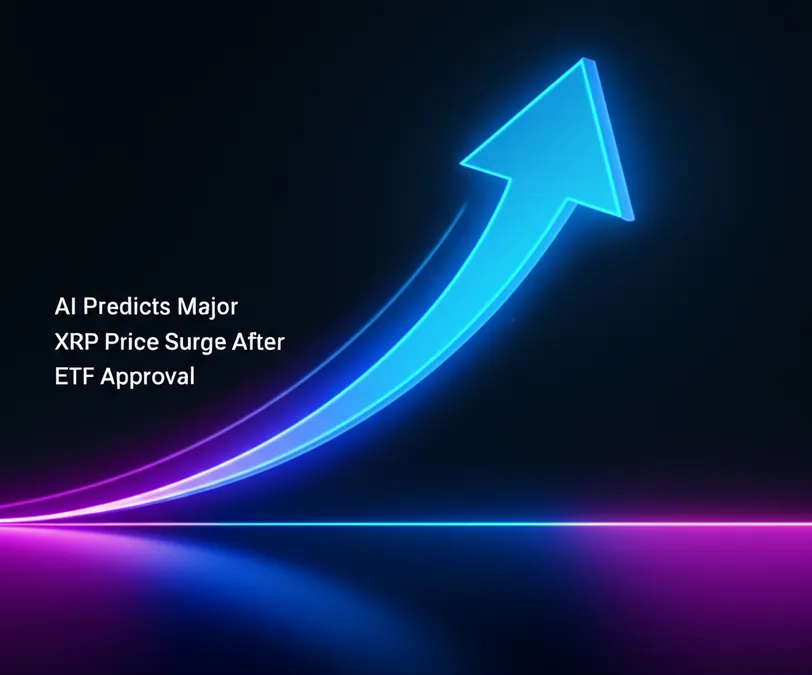Developer Offer
Try ImaginePro API with 50 Free Credits
Build and ship AI-powered visuals with Midjourney, Flux, and more — free credits refresh every month.
Seniors Are Embracing AI and Shattering Stereotypes
A New Generation of AI Adopters
In a New York City classroom, the sounds of nearby construction were drowned out by the eager curiosity of a new class of AI adopters. Around 20 ambitious individuals, all aged 60 and over, gathered for an "Intro to Chatting with AI" class, armed with notepads, walkers, and a keen interest in the future of technology.
This class, run by the AARP subsidiary Senior Planet, was filled with students from all walks of life. Some were there to learn how to apply AI in their jobs, while others simply wanted to keep up with their tech-savvy grandchildren on platforms like ChatGPT. The trainer, Brian Rapsey, kicked off the session by asking for a definition of AI, receiving several enthusiastic answers based on personal research and family discussions. "Every single industry is being affected by AI," Rapsey noted, earning a mix of nods and doubtful glances from the room.
This scene challenges many common stereotypes about older Americans and their willingness to embrace new technology. While some remain skeptical, many are enthusiastic about how AI can help them get ahead, whether in their careers or their social lives.
Nearly two dozen people 60 and older attended an introductory AI class in August. Photo: Clark Hodgin for BI
Challenging Workplace Stereotypes
A 2024 survey from the nonprofit Generation highlighted a significant age gap in attitudes toward AI in hiring. The study found that while 57% of U.S. hiring managers were very likely to hire candidates aged 25-34 for jobs requiring AI tools, only 7% felt the same about applicants 65 and older. More than half admitted they would be unlikely to consider older candidates for these roles at all.
However, Mona Mourshed, CEO of Generation, sees promising signs. "The great news is that there is a population of mid-career, older workers who not only are power users, but they are actually seeing the productivity benefits, and they're enjoying their work more," she said. "They are figuring out how to make the most of AI, and we should make the most of them in the workplace."
Ricardo Strobert, 72, a retired music teacher in the front row, is a perfect example. He's used AI for basic tasks and attended the class to learn more, with plans to use it for historical research and checking local property listings.
Some of the students opted to take notes with pen and paper. Photo: Clark Hodgin for BI
A Crash Course in Modern AI
The class introduced students to the leading AI platforms—ChatGPT, Copilot, and Gemini—with the instructor briefly explaining the advantages of each. Rapsey walked them through accessing ChatGPT, warning them to avoid impersonator apps. He spoke of AI's "amazing" capabilities, noting that what seems impossible today might be a feature in just a few months.
The curriculum has evolved since it first debuted in 2023. Marisa Giorgi, a curriculum director with the program, noted that initial student concerns were focused on identifying real versus fake content. Now, courses have expanded to cover AI for small business owners, communication, and detection.
"AI is ubiquitous right now," Giorgi said. "Older adults want to be part of that conversation, and they want to understand in a lot of cases how they could start adopting AI."
Sandra Smith, 69, a recent retiree, considers herself fairly tech-savvy and wants to stay current. "I found Gemini and ChatGPT, and it's like a whole other world has opened up," she shared.
The students were shocked by some of AI's capabilities. Photo: Clark Hodgin for BI
Hands-On AI Exploration
To test the technology, Rapsey had the students prompt ChatGPT. One woman asked it to generate a funny thank-you note for friends who had taken her out for her 60th birthday. The AI’s response, which joked about staying up past their "usual bedtimes of 9:30 p.m.," drew laughs from the class. This led to a discussion on prompt engineering, with Rapsey encouraging students to add more details to get better results.
The group was fascinated by AI's potential, from its ability to visually diagnose a printer problem from a photo to its creative applications in writing books, composing music, and illustrating art.
Students also voiced their concerns, asking about data loss, the reliability of different models like Grok, and the potential for misinformation. Rapsey cautioned that AI is not infallible and that misinformation remains a risk.
From Classroom to Real-Life Application
When asked how they might use AI, students' ideas flowed. One woman had already used it to plan a five-day, no-driving vacation, prompting it to suggest hidden gems. Another planned to use it for recipe ideas, like modifying a dish to exclude a certain ingredient.
David Pace, 72, hopes to use AI for writing and art projects, seeing it as a way to stay employable. He recalled a professor in the 1980s warning him that he wouldn't survive without computer skills, a lesson that has stuck with him ever since.
The class also resonated with those looking to re-enter the workforce. Eileen Rose, 72, who was laid off earlier this year, felt the class opened her eyes to how she could optimize her resume with ChatGPT. Preferring in-person learning, she plans to take more advanced classes.
"I figured this is dramatically changing the world, so let me at least find out about it because I hopefully have 30 more years left," Rose said. "A lot has changed in the job market, and I feel almost like a Luddite."
Some students wanted to use AI to help get back into the workplace. Photo: Clark Hodgin for BI
Compare Plans & Pricing
Find the plan that matches your workload and unlock full access to ImaginePro.
| Plan | Price | Highlights |
|---|---|---|
| Standard | $8 / month |
|
| Premium | $20 / month |
|
Need custom terms? Talk to us to tailor credits, rate limits, or deployment options.
View All Pricing Details

